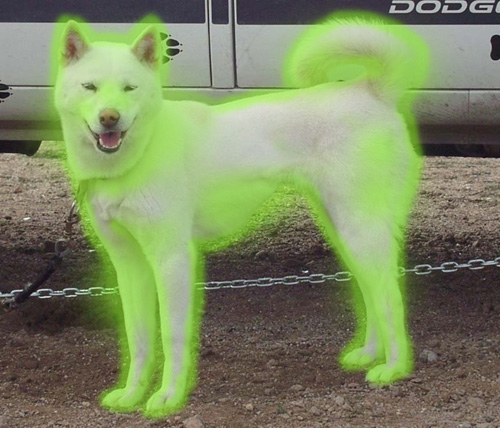by Hatt-Me Kim
While Chicago and New York have perpetually been duking it out for the best hot dog, Seoul scientists have taken it to a whole new level.
A Seoul National University research team announced on Wednesday that they have created a glowing dog via cloning that could aid in finding cures for human diseases such as Alzheimer’s and Parkinson’s, according to Yonhap news agency.
After spending $3 million and conducting four years of research and tests, the team produced one female beagle named Tegon, born in 2009, as the “world’s first inducible transgenic cloned dog.”
Scientists claim that the genetically-modified hound, cloned with the same somatic cell nuclear transfer technology used to create 2005’s infamous Snuppy, glows a fluorescent green under ultraviolet light. And this ability to light up can be turned on and off as it only works when the dog is given an antibiotic called doxycycline.
“The creation of Tegon opens new horizons since the gene injected to make the dog glow can be substituted with genes that trigger fatal human diseases,” said lead researcher Lee Byeong-chun. “Dogs show many of the same symptoms when they become sick with diseases like Alzheimer’s.”
He further explained that since dogs and humans have 268 illnesses in common, dogs with Tegon’s unique ability to artificially highlight similar symptoms are better suited than mice, who sometimes respond differently to human ailments and are not as close in size to humans, to help advance successful treatment options.
And even though developing these special dogs in the first place is not a simple feat, professor Lee claims that mass-breeding for official experimentation would be “relatively easy.”
[ad#bottomad]










